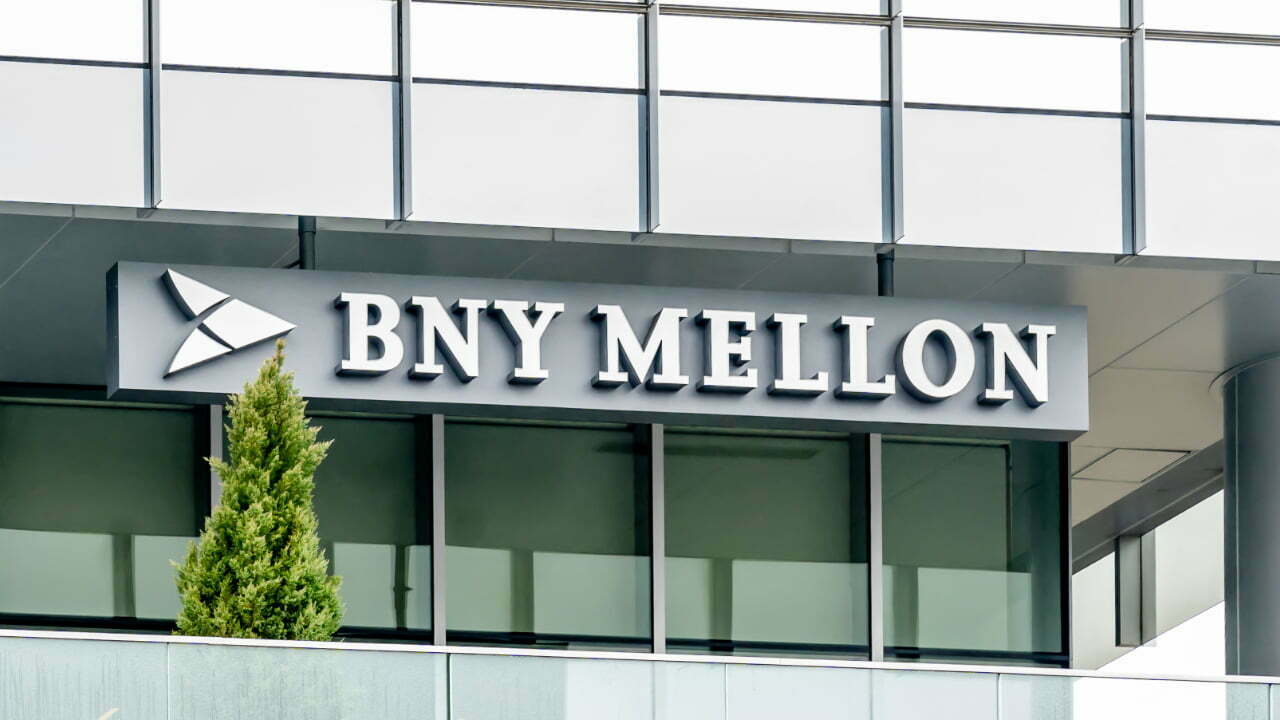Following an exemption from a SEC staff accounting bulletin, BNY Mellon inched closer to Bitcoin and Ethereum custody
Bloomberg reported that BNY Mellon was prepared to offer crypto custodial services for spot Bitcoin and Ethereum exchange-traded funds on Wall Street.
The report indicates that the Office of the Chief Accountant at the U.S. Securities and Exchange Commission reviewed America’s oldest banking institution, which resulted in a step closer to crypto ETF custody.
The review, which appears to have granted BNY Mellon a Staff Accounting Bulletin 121 (SAB 121) exemption, implies that the bank is not obligated to treat consumer crypto as a corporate liability.
This operational shift has the potential to enable conventional banks to protect cryptocurrencies, a practice that has been largely unavailable to them thus far.
Additionally, Coinbase’s dominant market position may be at risk due to BNY Mellon’s custody of BTC and ETH in crypto ETFs.
The digital assets that underpin the majority of Wall Street’s spot crypto ETFs, including those issued by the $10 trillion wealth management BlackRock, are currently held by Coinbase.
Since 2023, BNY Mellon has demonstrated an interest in the crypto custody market. During an earnings call in January of the previous year, CEO Robin Vince referenced digital assets as a component of the company’s long-term strategies.
According to Bloomberg analysts, the crypto custody market is presently valued at $300 million and is expected to grow by 30% annually.
The sector could be valued at over $1 billion by 2032 if this growth rate persists, with an annual increase of approximately $90 million.
Nevertheless, BNY Mellon’s advancement and entry into the crypto custodial ecosystem may be influenced by regulatory scrutiny in a bicameral letter addressed to the SEC, three other regulators, lawmakers, and the U.S.
Representative Patrick McHenry and Senator Cynthia Lummis referenced private encounters between SEC staff and companies.

SAB 121 exemptions were likely discussed during these meetings; however, it is unclear whether BNY Mellon received its review as part of the discussions that legislators suggested were questionable.



